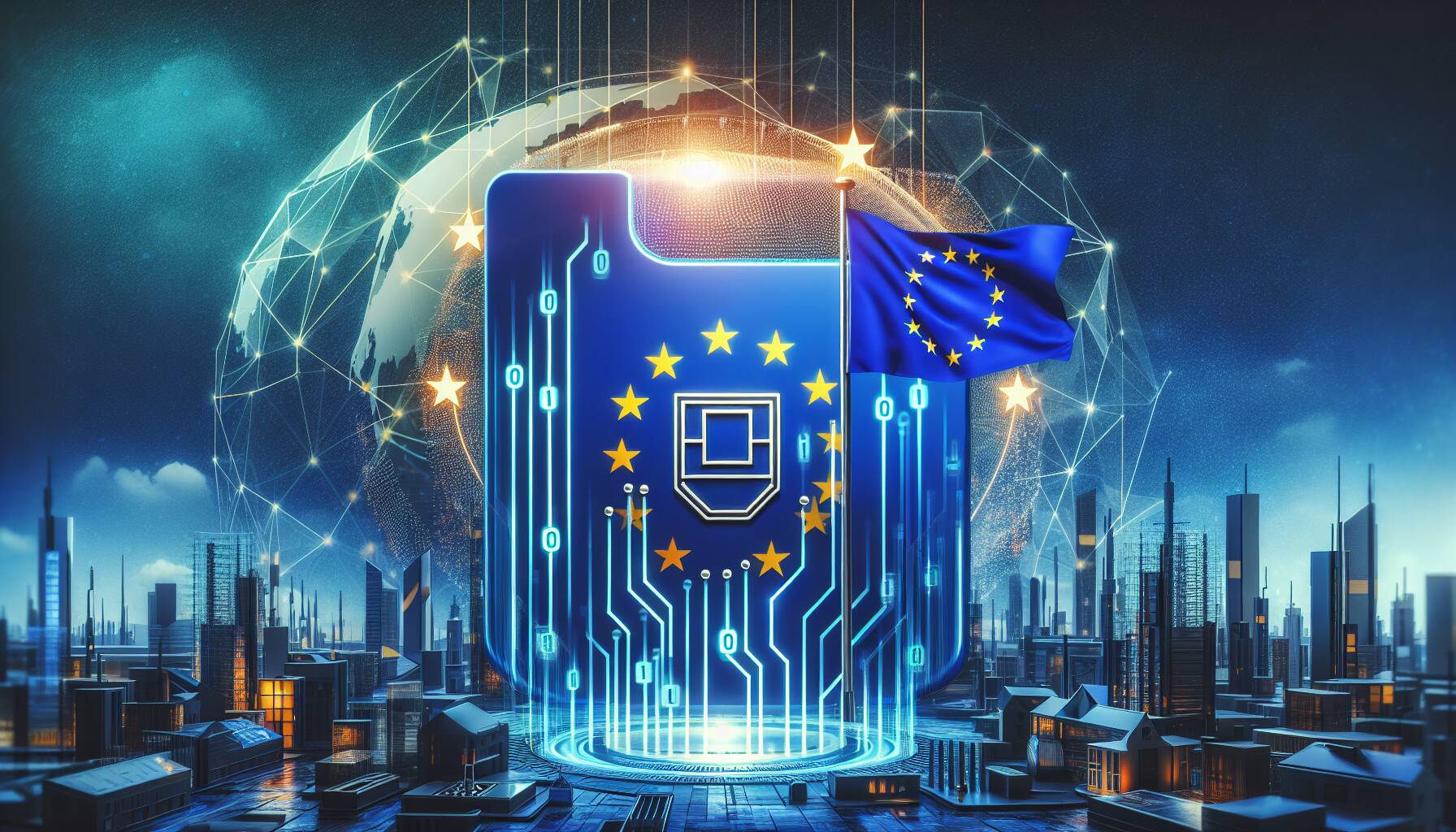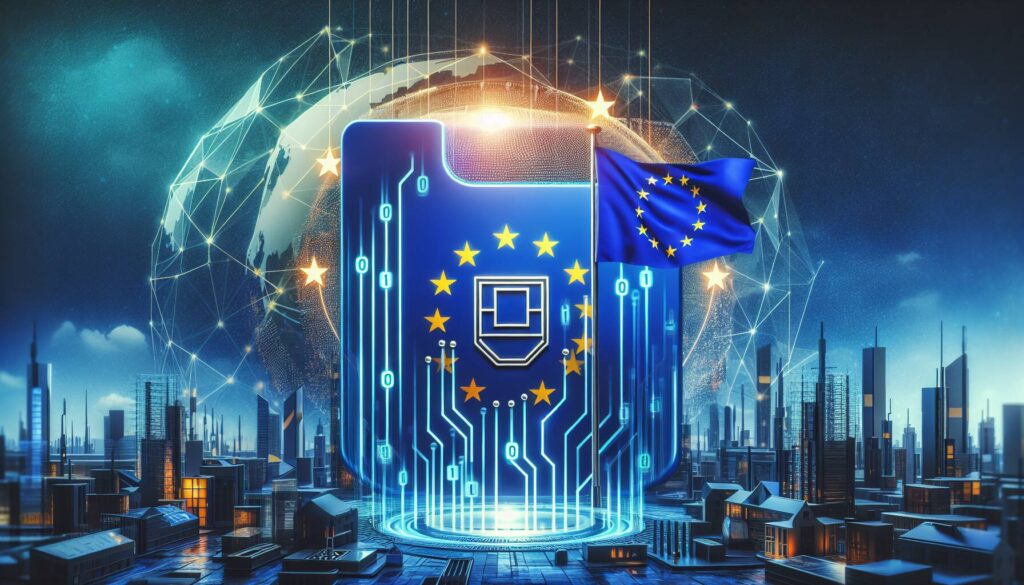The Italian division of PricewaterhouseCoopers (PwC) is making headlines with its latest venture into the cryptocurrency space. In partnership with blockchain consultancy firm SKChain Advisors, PwC Italy is developing an innovative digital identity product tailored for the European Union (EU). This initiative aims to simplify and secure the way European companies and their customers interact with various digital platforms, including the exciting domain of Web3.
In an emailed announcement, PwC Italy emphasized that this cutting-edge product is being constructed on the World Mobile Chain—a layer-3 network that operates on Coinbase’s Ethereum layer-2 Base. Central to the project’s philosophy is the concept of self-sovereign identity (SSI), a decentralized approach that empowers users with complete control over their personal data, as opposed to surrendering it to third-party entities. By leveraging blockchain technology, this system ensures that users’ information is distributed and securely stored, effectively eliminating the reliance on centralized identity providers.
“The basis for our product aligns with the EU’s digital identity regulation, eiDAS 2.0, and the European Digital Identity (EUDI) wallet it introduces,”
PwC Italy noted. The eiDAS 2.0 regulation is poised to create a cohesive framework for digital identities across the EU, facilitating seamless access to services and electronic transactions. This ambitious project is not only a significant step forward for digital identity verification but also marks a notable collaboration between established corporate giants and blockchain pioneers—all aimed at enhancing the digital experience for consumers across Europe.

PwC and SKChain Develop EU Digital Identity Product
This initiative highlights the integration of blockchain technology into the European digital identity framework, aiming to enhance security and user control over personal data.
- Collaboration Between PwC Italy and SKChain Advisors:
- Developing a digital identity product for EU companies and customers.
- Aims to secure access to various digital platforms, including Web3.
- Focus on Self-Sovereign Identity (SSI):
- Empowers users with full control over their own data.
- Reduces reliance on third-party identity providers.
- Utilization of Blockchain Technology:
- Ensures secure, distributed storage of user data.
- Enhances privacy and security for digital transactions.
- Alignment with EU Regulations:
- Product based on the EU’s eiDAS 2.0 regulation.
- The EU Digital Identity Wallet is part of this broader regulatory framework.
- Implications for Users and Companies:
- Increases trust in digital transactions across the EU.
- Potentially simplifies the process of accessing services digitally.
The development of this digital identity product could significantly impact how individuals and businesses interact online, making transactions more secure and user-friendly.
PwC and SKChain: Pioneering a New Era of Digital Identity in the EU
In an ambitious move, the Italian arm of PricewaterhouseCoopers (PwC) has announced a collaboration with blockchain consultancy firm SKChain Advisors to develop a European Union digital identity product. This innovative offering aims to empower European businesses and their customers to securely access digital platforms, including the growing realm of Web3. By utilizing self-sovereign identity (SSI) technology, which allows individuals to control their data, this initiative stands out in a landscape brimming with digital identity solutions.
Compared to other players in the digital identity arena, such as Idemia and SecureKey, PwC and SKChain present some intriguing advantages. First and foremost, the focus on SSI technology is a significant differentiator. This decentralized approach means end-users won’t have to rely on centralized providers and can ensure their personal data remains secure and private. Moreover, by aligning their efforts with the EU’s eiDAS 2.0 regulation, the product will benefit from a structured legal framework designed to promote trust and interoperability across member states, which can be a formidable competitive advantage.
However, PwC and SKChain also face challenges. Their reliance on blockchain technology, particularly through the World Mobile Chain, might alienate more traditional businesses apprehensive about incorporating cutting-edge solutions. Additionally, while the collaboration taps into the EU’s regulatory framework, navigating the complex landscape of compliance and gaining widespread adoption among companies may prove to be a daunting task. On top of that, competitors that have already established their products, such as Microsoft’s decentralized identity platform or European startups like Signaturit, could leverage their existing relationships to capture market share more rapidly.
This news is particularly beneficial for tech-savvy European companies eager to innovate and streamline their digital transactions while enhancing customer trust. However, it could pose problems for institutions resistant to adapt, as they may find themselves left behind in a rapidly evolving digital landscape. The initiative promises to reshape the identity verification sphere, yet it also signals a pressing need for traditional businesses to reconsider their approaches to digital identity solutions.

















